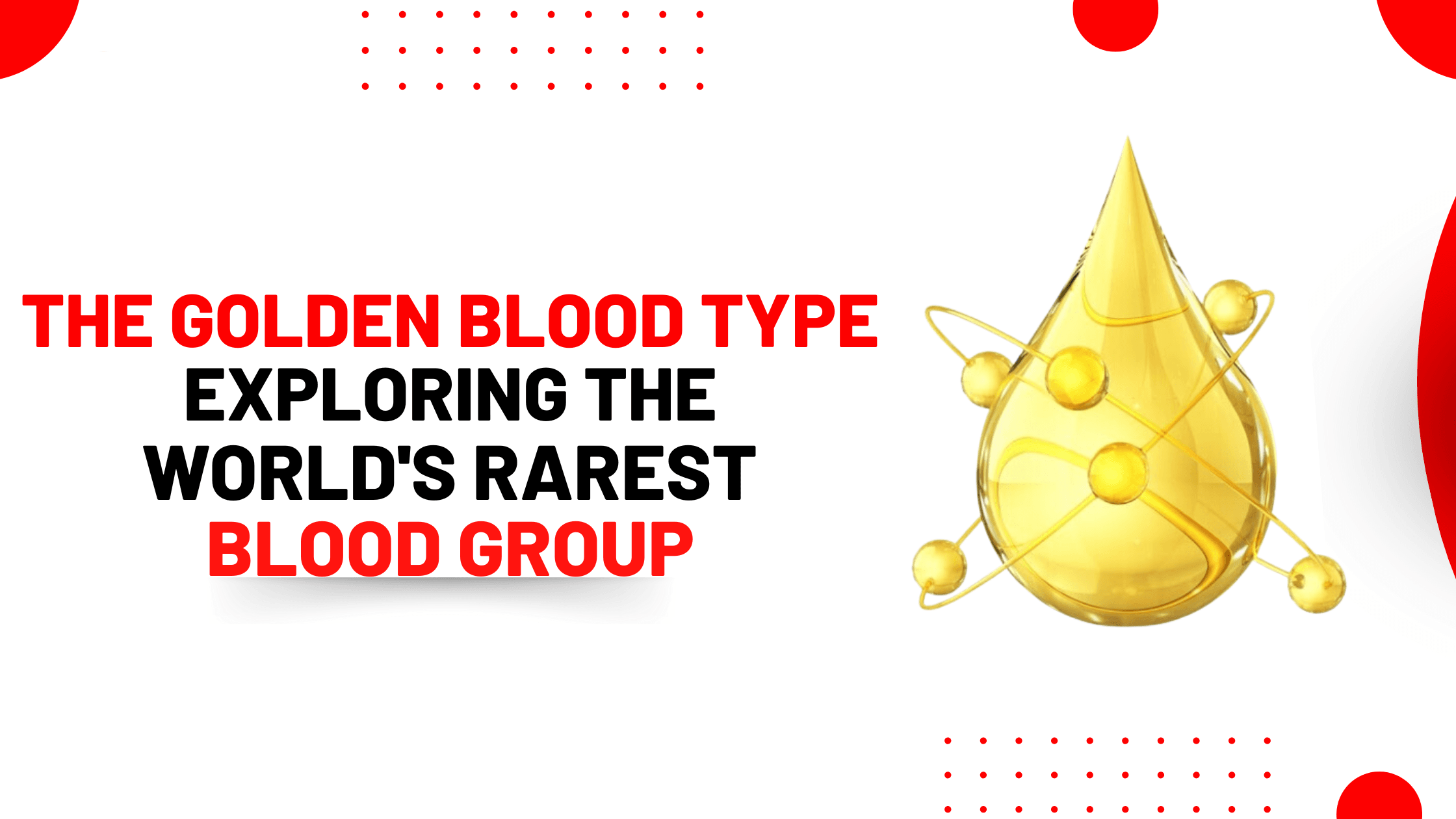Golden blood might sound like something out of a sci-fi story, but it is very real. Known scientifically as Rh-null, it is the world’s rarest blood type.
What is Golden Blood?
Golden blood results from a genetic mutation, often in the RHAG gene, which codes for the Rh-associated glycoprotein. This protein helps transport Rh antigens to the surface of red blood cells (RBCs).
Mutations in RHAG are sometimes linked to hereditary stomatocytosis, a condition that can cause mild, long-term hemolytic anemia, where red blood cells break down faster than normal. The Rh-null phenotype can also appear in certain congenital anemias.
Understanding Blood Components
Blood is a life-sustaining substance with four main components:
- Red Blood Cells (RBCs) – Carry oxygen and remove carbon dioxide.
- White Blood Cells (WBCs) – Protect the body against infections.
- Platelets – Help blood clot.
- Plasma – The liquid that carries salts, enzymes, and nutrients.
Blood types are determined by antigens on RBCs. The most common are A, B, and RhD antigens:
- Type A: Only A antigens
- Type B: Only B antigens
- Type AB: Both A and B antigens
- Type O: Neither A nor B antigens
The RhD antigen determines whether blood is positive (+) or negative (-), giving the eight common types: A+, A-, B+, B-, AB+, AB-, O+, O-.
Golden Blood Characteristics
People with Rh-null (golden blood) often experience:
- Mild to moderate hemolytic anemia from birth, leading to paleness and fatigue
- Structural defects in RBCs, including:
- Slit-like or mouth-shaped cells
- Less elastic red cells
- Abnormal red cell covering
- Increased fragility due to missing Rh antigens
- Altered blood cell volume
Why Golden Blood is Special
Golden blood is extremely valuable for blood transfusions because it lacks all common Rh antigens. This makes it universally compatible for recipients, reducing the risk of transfusion reactions.
However, for individuals with Rh-null, the rarity of matching blood can be dangerous. Receiving blood with Rh antigens can cause serious transfusion reactions, making medical emergencies especially challenging.
Conclusion
While rare, golden blood plays a critical role in medicine. Its uniqueness highlights the fascinating complexity of human genetics and blood types, and why proper care and awareness for individuals with Rh-null are vital.

